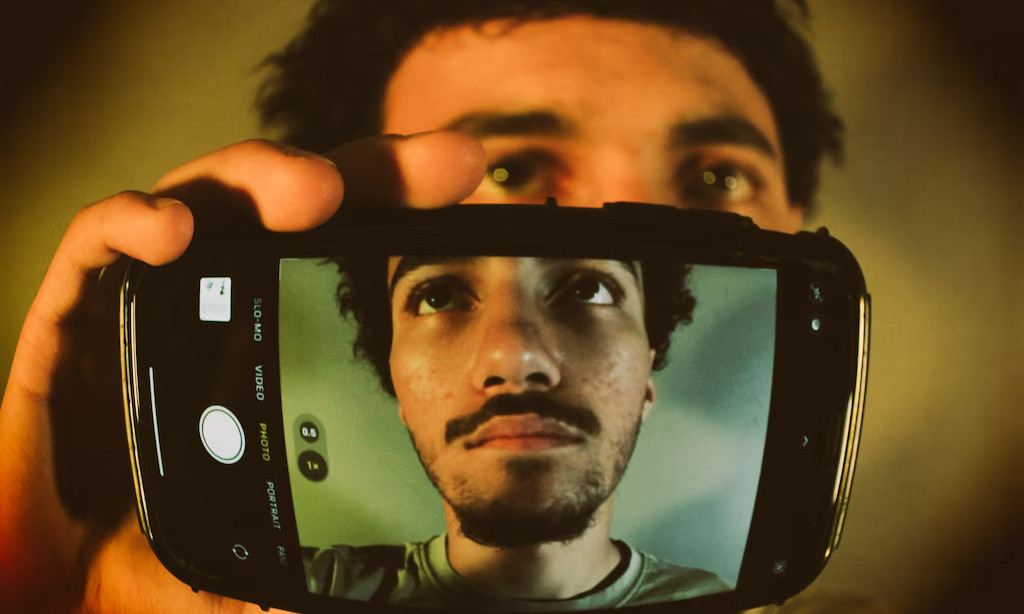Note to readers • This is part of a collaborative project between The Salt Lake Tribune and the Highland High School Rambler. Amplify Utah is publishing the work through its ongoing partnership with the Tribune to elevate diverse perspectives in local media through student journalism. Read more about these young Utahns’ experiences here.
The modern world is full of connection. In each person’s pockets is a tiny little box that shrinks the globe and gives access to the entire world anytime anywhere.
Never before have people been able to experience the troubles of the world at such a young age before they fully know how to carry it.
This leads to a lot of anger and despair amongst younger people.
But feeling that anger and despair also gives people — like Highland senior Ali Jadallah — more motivation to cry out against injustice in the world. He has turned to social media to spread awareness about the war in Gaza and the consequences that it’s been having on the people there.
“You couldn’t give someone a piece of paper and then somehow the entirety of the United States would see that,” Jadallah said. “But now you can make a post, and the entirety of the world can see that post.”
This ability has only come about in the last 20 years, and even then, social media didn’t come close to possessing the global hold that it does now until the last 15 years.
These are uncharted waters.
Jadallah believes that this ability to connect is a good thing because it allows voices to be heard. And young people like Jadallah are looking for places from which to shout.
“It just really allows people to get their voices out now,” Jadallah said. “I think the fact that people around the world can see what’s happening on the other side of the world, that’s a good thing. The spread of information is good.”
It’s humanizing, he said.
“You feel much more connected to something if you actually see it happening with your own eyes,” Jadallah said. “You can see a news article and be like, ‘Oh, 20 dead in a house fire.’ But if you actually saw a video of someone in that house fire with the house burning down and their final moments, you’re going to feel much more impacted if you saw that video rather than just read[ing] a random news article.”
But as information is spread, misinformation soon follows. Through social media, misinformation spreads like wildfire through the masses.
“Certain people aren’t open to all viewpoints and all kinds of information and stuff like that,” Jadallah said. “They only want to see stuff that fits their narrative, and social media is a big part of that. There‘s a bunch of people that will spread misinformation and claim it to be true just because it fits their certain narrative.”
It’s a unique problem to the modern world, and one that Jadallah believes carries a simple fix.
“Just get educated,” Jadallah said. “Someone could see a news article that says the sky is purple, and they won’t go out to go look if the sky is purple. They’ll be like, ‘Oh my God, the sky is purple. What should we do?’ People, before they wholeheartedly believe anything they see, just need to go do their own research. Like actually read into things, get their own opinions and their own basis actually built off of information and actual evidence. Not opinions, evidence.”
Jadallah believes that getting your voice out and making a change are two very different things, which is why he also recommends getting involved in the community and reaching out to those in power.
“The government is literally built off of ‘We the People,’” Jadallah said. “I feel like people need to get more involved. People need to go to our representatives and stuff like that and actually push things that we need to see change in.”




